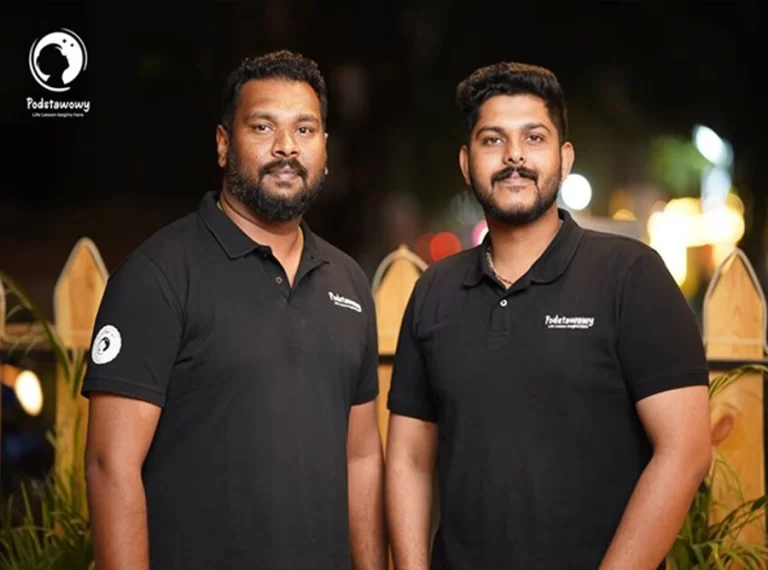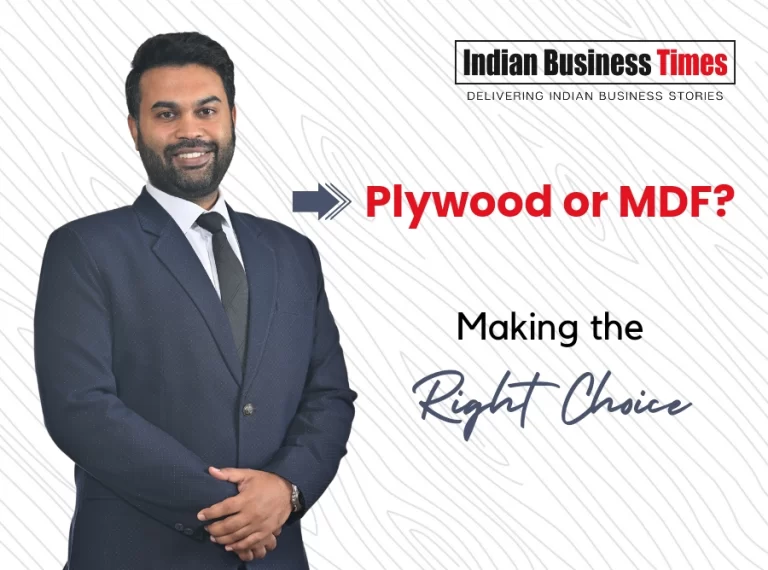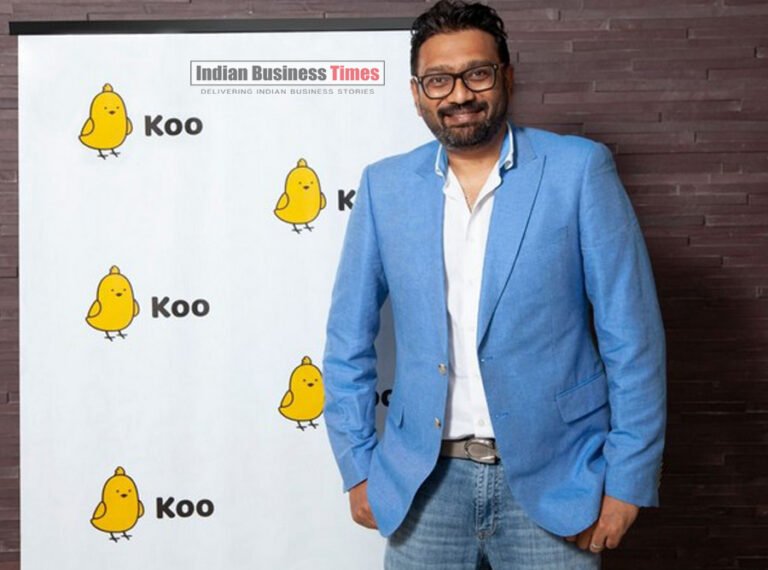Ecobillz Founder Ameet Patil – Shaping Sustainability with AI-Powered Efficiency
In our detailed interview, Ecobillz founder Ameet Patil, reveals how his AI-powered platform is transforming business practices towards unparalleled sustainability and efficiency, marking a significant step forward in eco-friendly innovation.
In an engaging discussion with Ecobillz founder Ameet Patil, we explore the innovative journey of a company dedicated to making businesses more sustainable and efficient. Starting in 2016, Ecobillz has been at the forefront of using AI for digitizing and automating processes, especially in industries heavy on paper usage like hospitality and retail. Their mission is clear: reduce the environmental impact while enhancing operational efficiency. Our conversation with Patil sheds light on how Ecobillz came to be, its impact on sustainability, and what the future holds for this forward-thinking initiative. Dive into our interview to discover the story of Ecobillz and the visionary behind its success.
Q. 1 – What was the pivotal moment that led to the inception of Ecobillz, and how did your personal and professional background influence its development?
We understood that the growth of large businesses would be driven by automation. Also, we saw that businesses were still using paper for their day-to-day functioning even as they used the latest technology in IT. This is when we thought of using technology such as Artificial Intelligence and Data Analytics for digitization and automation of processes.
Digitization of documents and bills can have a huge impact on the environment. In today’s age, reducing carbon footprint is one of the main priorities across the globe. Sectors such as hospitality, retail and hospitals may not directly emit carbon. But the use of huge amounts of paper by these industries, in the form of bills, invoices and documentation, is proportional to the number of trees that need to be cut down.
Ecobillz was established in 2016 as a SaaS platform for AI-led digitization and automation. We had some experience, having previously opened several startups. They were mainly commercial in nature. This time, we wanted to go beyond just the commercial aspect and wanted to make a positive impact for the environment and society.
Q. 2 – With Ecobillz, what are your primary goals in terms of digital transformation and sustainability, and how do you envision its impact on a global scale?
The tourism and hospitality sector has great potential to make a positive change in mitigating environmental degradation. At Ecobillz, our main goal is to leverage this potential to create paperless, sustainable, as well as contactless business operations. We also aim to impact the global sustainability mandate by implementing Ecobillz worldwide. Ecobillz is based on the dream of saving trees by making business more responsible.
Q. 3 – Could you share some of the major challenges you faced while developing Ecobillz and how you overcame them, especially in the context of introducing a new technology in traditional sectors?
Our greatest challenge was convincing customers to adopt this sustainable alternative. The idea of ‘saving paper to save money’ was readily acceptable to those who were environmentally conscious. Businessmen, on the other hand, were focussed on generating quick profits. But we were determined. Our customers were able to comprehend the bigger picture when they were able to save huge amounts by going paperless.
Another major challenge was the COVID-19 pandemic. It entirely affected the hospitality industry. New rules and regulations came into effect, and this compelled the industry to change its operations overnight. Ecobillz was one of the very few companies that was able to quickly adapt to the changes. We introduced that assisted organizations with their digital transition.
This way, Ecobillz overcame challenges by using adverse conditions to test its limits.
Q. 4 – How does Ecobillz leverage AI to revolutionize document management and what makes your AI approach unique compared to other solutions in the market?
The artificial intelligence embedded in Ecobillz reads/crunches data in real-time for use as a document management system to generate valuable insights for the business. It is designed to be minimally intrusive and can be installed as a plug-n-play digitization module. This requires no changes to be made in the existing PMS/POS, enabling Ecobillz to be integrated and implemented immediately.
Ecobillz ARC (Automated Reconciliation) is our innovative product that uses AI right from bots to capture, clean and churn data. It also reconciles transactions that arrive from multiple backend sources. Ecobillz ARC uses AI-driven bots to search for the right data for a customer by getting on to related portals. It exports/downloads relevant reports and builds a data lake for hotels. This way, it helps hotels reconcile payments even if they receive them in an aggregated manner.
Q. 5 – Ecobillz started with a focus on the hospitality industry. How do you plan to adapt and scale the solution for other sectors like healthcare and automotive?
Currently, Ecobillz is being used in more than 200 premium luxury hotels across India and abroad. We have also ventured into allied domains like Quick Service Restaurants (QSR) and Retail. Ecobillz is now planning to explore opportunities in the automotive sector as well as in hospitals. Our products can be easily adapted for these sectors to automate their processes and eliminate the use of paper.
Q. 6 – As you plan to expand globally, what strategies do you have in place to adapt to different market needs and regulatory environments, especially in regions like Africa, the Middle East, and Southeast Asia?
Globally, there is a trend to go green, mainly due to zero-carbon initiatives to tackle pollution. But the use of paper is rampant across retail, hospitality and other sectors. Our goal is to reduce this. The regulatory changes in various countries helps Ecobillz capture the market there. Governments in the Middle East have pushed for the hospitality sector to go digital. African nations, earlier considered third world countries, are now becoming dominant. Today, Africa is what India used to be 15 years ago. India is now the fourth largest economy and has displaced the UK in terms of growth.
Q. 7 – How has the feedback from your current users in the hospitality industry shaped the evolution of Ecobillz, and what improvements or new features can we expect in the near future?
Hospitality and IT are different sectors. We are basically an IT firm that produces SaaS products. Most of the information related to hospitality comes from the users. We work closely with the users of hospitality services to understand and solve their pain points. We have included feedback mechanisms to know about the issues faced by them. When users raise support tickets, we have a process in which we identify the repetitive support requests every month. If there are repetitions which we can automate or improve upon, we take those up as new features and include it in our future releases. This is how we evolve as a product.
Ecobillz has only touched the tip of the iceberg with respect to adoption of Artificial Intelligence. We have been able to collect a huge amount of data in the last 6-7 years of working with customers. Going forward, we will be applying AI logic to make predictions. We are working on features which will be able to predict the inflow of guests, their preferences including food and types of rooms, seasonal preferences, etc. to help answer several questions in the hospitality sector.
Q. 8 – Looking ahead, where do you see Ecobillz in the next five years, both in terms of technology development and market presence?
In terms of technology, we foresee Ecobillz taking up a lead role in adopting responsible AI in all its products. Globally, there is mention of AI from a responsibility point of view – i.e AI that does not cause harm. We intend to be a key player in applying responsible AI.
As far as our market presence is concerned, we will be expanding into Europe, Middle East and Africa. In the next five years, we believe we will have our presence in the US and Southeast Asia as well.










